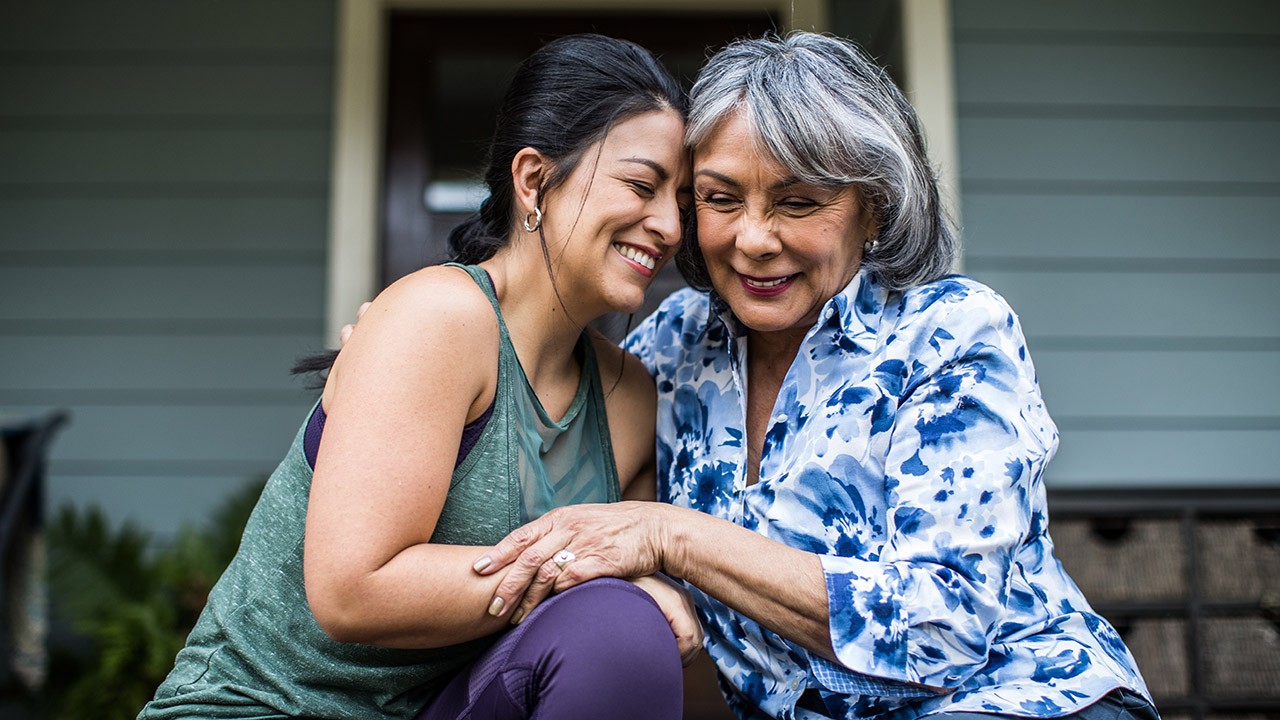Why we need to stop being so judgemental – and the 4 steps to do it

As a society, we've become increasingly judgmental. We tend to judge not only others but ourselves as well. From a person's physical appearance to their actions, we criticise and judge everything. Everyone is too fat, too thin, too old, or too young, creating an environment where nothing seems to be good enough. This constant pattern of judgment is now harming our mental, emotional, and physical well-being.
When we judge, we compare ourselves to others, leaving us emotionally vulnerable. Through this judgement, we seek to establish a sense of security and control over our lives and surroundings, often without even realising it. However, by increasing our emotional resilience and sense of control, we become consciously aware of this behaviour and can take steps to change it. So, is it possible to become less judgemental?
As an educator and researcher, I developed an Emotional Resilience language (ER). It introduces simple changes that can reduce judgment, foster empathy, compassion, and personal responsibility, and bolster emotional intelligence and resilience when integrated into everyday life. Using a driving metaphor, ER simplifies the intricate world of emotions, providing an innovative way to integrate emotional vocabulary into daily life. It enhances understanding and establishes new neural pathways and healthier thought patterns.
The following outlines the initial steps of ER, which can effectively manage judgement towards yourself and others. Though the changes may appear simplistic, they are instrumental in establishing lasting transformation.
1. Removing judgement towards how you or others may feel: Instead of labelling emotions as good or bad, view them as rough or smooth emotional roads. Just as roads serve different purposes, so do emotions. Rough emotions build resilience, while smooth emotions promote well-being, removing the need to lift everyone off a rough road. This makes it easier to recognise and accept emotions without feeling like a failure when things aren't going smoothly. You don’t know why someone is on a rough road, so resist the temptation to judge them.
2: The metaphorical steering wheel in ER represents emotional control and the power of choice in navigating life's challenges. As in a car, you should be the only one controlling your emotional steering wheel. Rather than judging yourself and others, this logical approach empowers you to regain control over your focus, emotions, and destination. Just because someone else is on a rough road doesn’t mean you must join them, fostering resilience and responsibility.
3. Shifting judgement and blame to responsibility involves removing phrases such as "You are making me angry, " which inadvertently hands your emotional steering wheel to others. Replace it with, "I am choosing to feel angry in response to this situation." This subtle alteration, substituting "making" with "choosing," helps reclaim ownership of your steering wheel rather than relinquishing control to external factors. Assigning blame—"It's your fault, it's the government's fault, it's my partner’s fault"— leaves you feeling like a victim, and you then resort to judgement and retaliation to regain control.
4. The importance of taking control: Understanding that judgement cannot be contained nor emotional resilience built when you are out of control on either road is crucial. Out-of-control scenarios activate the amygdala, the brain's fight, flight or freeze mode, disabling the prefrontal cortex, which is responsible for thinking and creativity. It is only possible to discuss a situation once the involved parties have regained control and can access the thinking part of their brain. Therefore, regaining control is essential for reducing judgement, as then you can have productive discussions that help maintain emotional well-being. This includes your conversations with yourself, which can often be the harshest!
ER helps reduce judgement by developing your emotional resilience. Awareness of the emotional state of yourself and others fosters emotional intelligence, while learning to regain control builds resilience. Recognising that navigating rough emotions is crucial for growth alleviates the pressure from always needing to be on a smooth road and judging yourself and others if they aren’t. It shifts focus from dwelling on challenges and comparing yourself to others to being able to understand and manage your responses. Incorporating language changes into daily life builds new neural pathways, creating new thought patterns that reduce judgment and blame.
By avoiding the tendency to judge yourself or others, you take back control of your reactions to people and circumstances. This leads to better mental and emotional well-being and fosters positive relationships with yourself and others. Does this mean you will never judge again? Of course not. You’re human. It’s what you do with the judgment that can make all the difference.
Dr Jane Foster is a leading educator, researcher, presenter and author of It’s In Your Hands; Your Steering Wheel, Your Choice. Combining her educational skills with neuroscience and positive psychology, Jane equips people with strategies to help build emotional resilience and manage their daily stresses, successfully changing perspective and creating new neural pathways. For more information, visit www.emotionalresiliencetraining.com.au
Image: Getty
